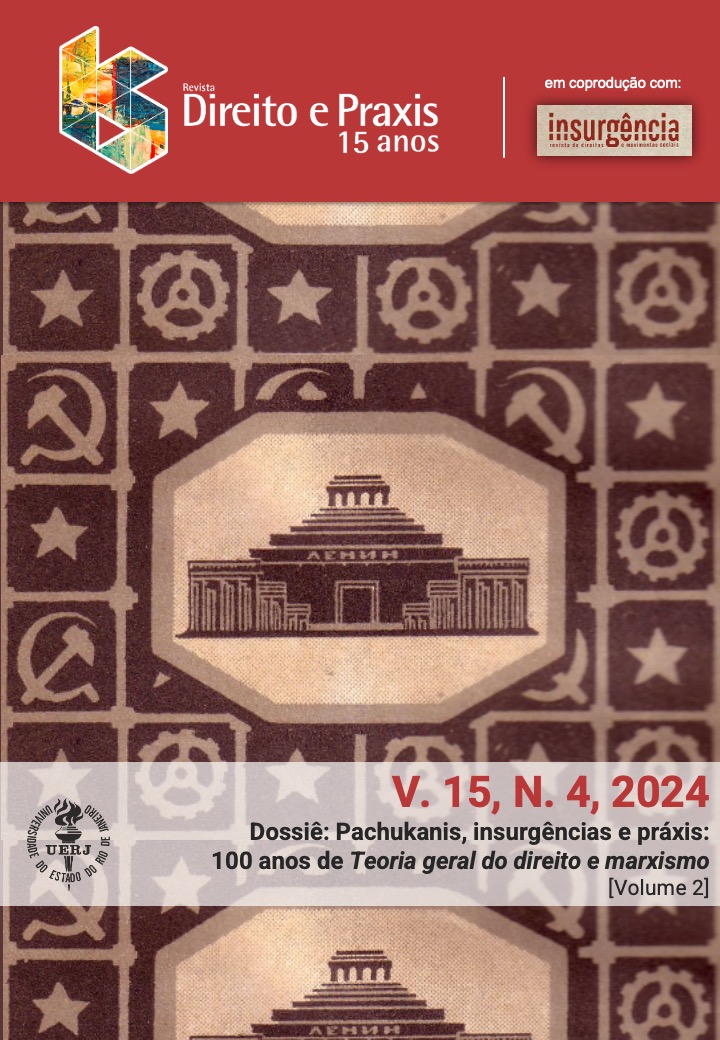As Mudanças histórico-políticas do Brasil na construção do terceiro setor
perspectivas contemporâneas à luz do marco regulatório
Palavras-chave:
Terceiro Setor, Marco Regulatório, Estado DemocráticoResumo
https://doi.org/10.1590/2179-8966/2024/86329
O presente artigo tem como premissa analisar os impactos das transformações históricas
vividas nas áreas cultural, econômica e política do Brasil na construção da Lei no
13.019/2014, conhecida como Novo Marco Regulatório das Organizações da Sociedade
Civil. Adotou-se o método de pesquisa exploratória, com procedimentos bibliográficos,
documentais e revisão legislativa, a fim de compreender a influência dos fatores históricos
na edição da norma e sua relação com a efetivação dos direitos fundamentais
assegurados pela Constituição Federal. O resultado mostrou que, embora o processo
histórico vivido pelo Brasil tenha sofrido atrasos nos avanços e na constituição da
sociedade contemporânea, isso contribuiu para a construção de uma sociedade que
valoriza o princípio democrático. Isso, por consequência, embora tenha limitado a
atuação das organizações do Terceiro Setor, também viabilizou a integração dessas nas
atividades administrativas como mecanismo para garantir a função social, principalmente
no estado de Rondônia, onde se evidencia um aumento exponencial de ações de fomento
ao Terceiro Setor.
Palavras-chave: Terceiro Setor; Marco Regulatório; Estado Democrático.
Downloads
Downloads
Publicado
Como Citar
Edição
Seção
Licença
Copyright (c) 2024 Bruno Valverde Chahaira, Jamylle Maria Araujo Silva (Autor/a)

Este trabalho está licenciado sob uma licença Creative Commons Attribution 4.0 International License.
Os textos são de exclusiva responsabilidade de seus autores.
É permitida a reprodução total ou parcial dos artigos da Revista Direito e Práxis, desde que citada a fonte.
Este trabalho está licenciado sob uma Licença Creative Commons 4.0, Atribuição-Sem Derivações.
Esta licença permite copiar e redistribuir o material em qualquer suporte ou format para qualquer fim, mesmo que comercial, desde de que citada a autoria original.
This work is licensed under a Creative Commons Attribution 4.0 International License.




